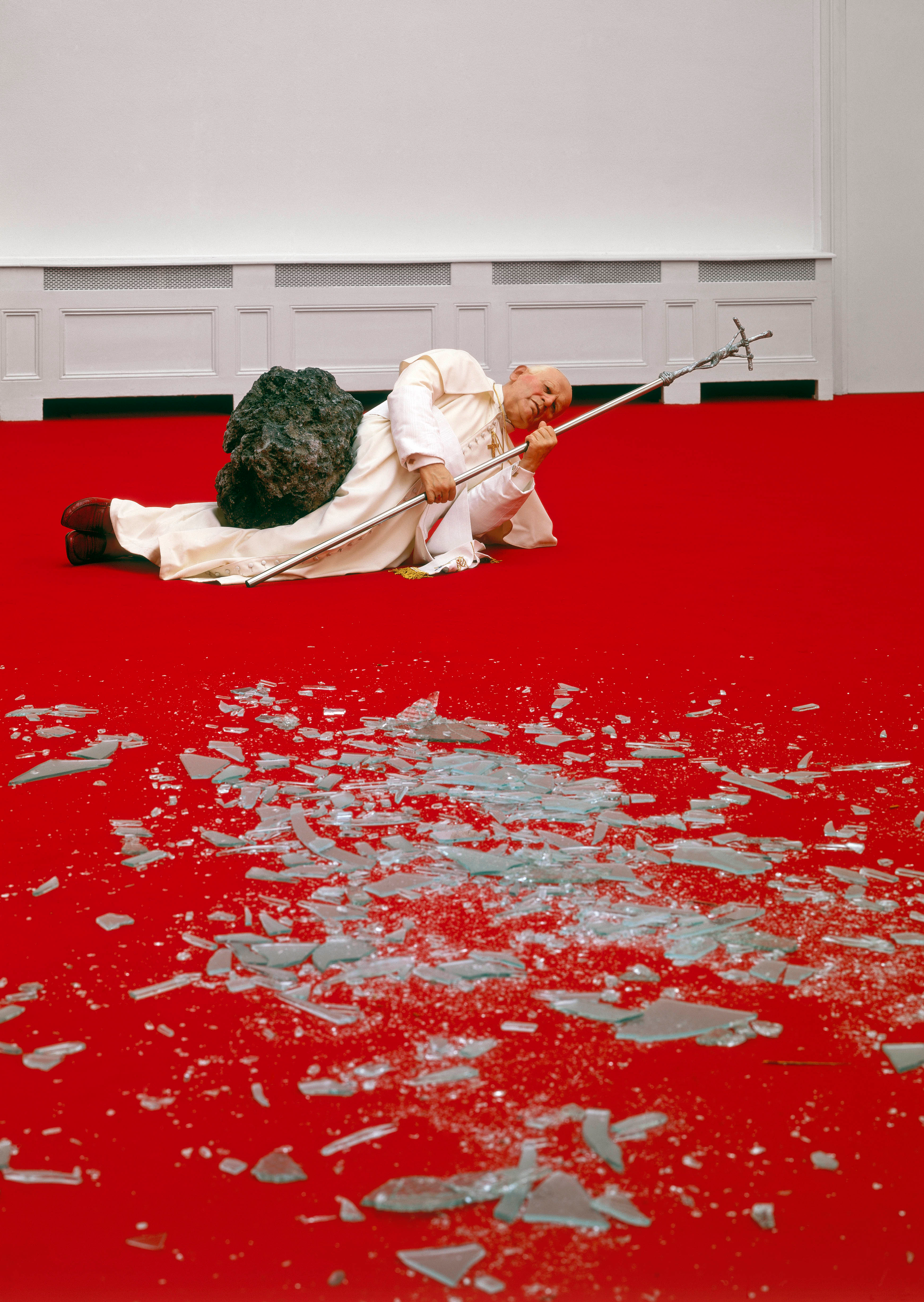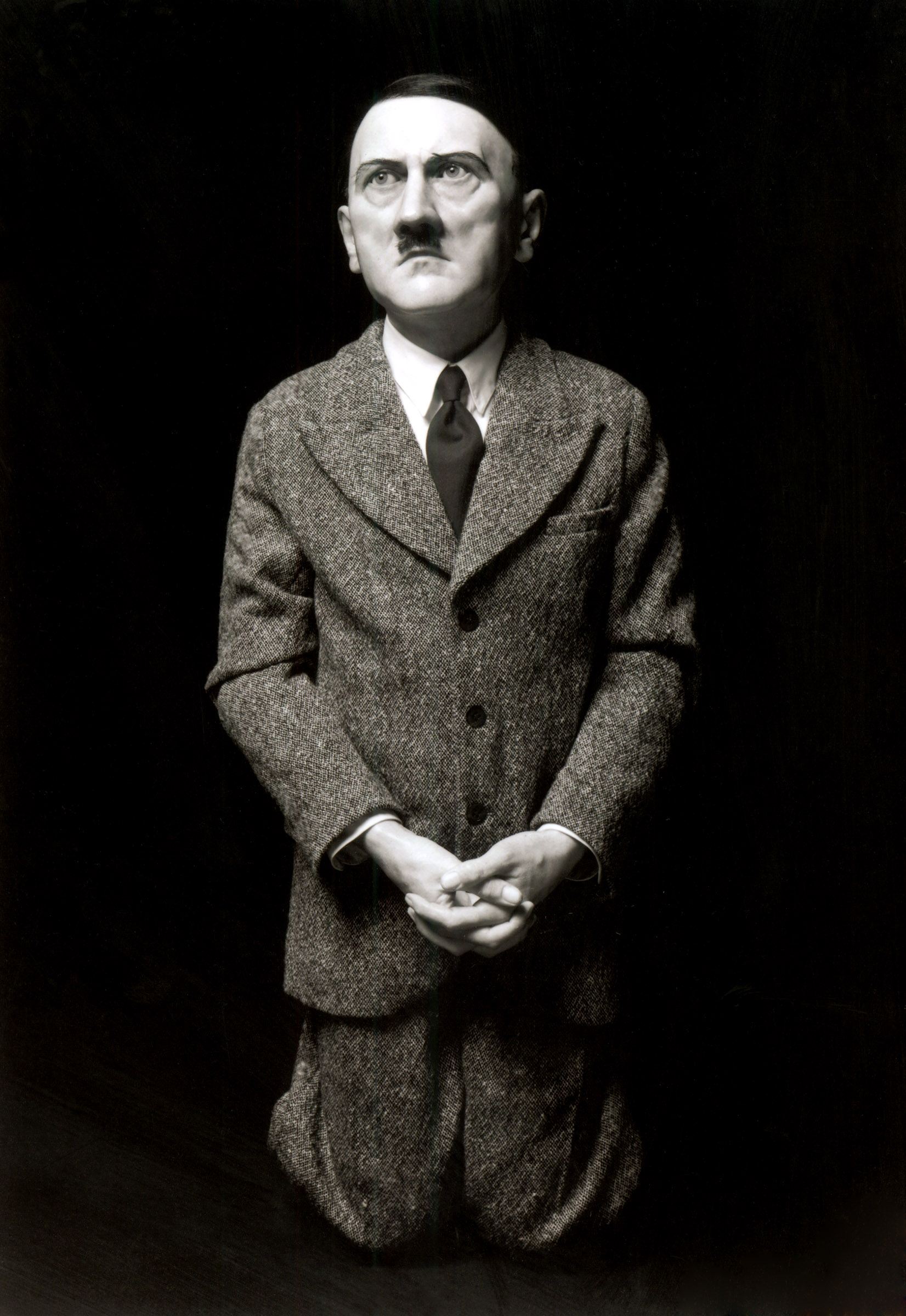Introduction
Nicolas Bourriaud came up with the term “Relational Art” in 1995. He defined it as artistic practices that include the whole human relationships together with their social environment as their point of origin. He did not consider art to a private and independent aspect without a context. Bourriaud gave art a whole new outlook where artists no longer have to create art from hidden ideas, but they can create art that incorporates a social surrounding. This is where individuals come together and take part in a group activity.
In this art, the act is seen as between a community and art, as opposed to an individual viewer and the object of art. The meaning of a certain piece of art is shared collectively by the society in relational aesthetics, and it is not limited to the space of individual perception and idea. This means that art has a clear and open display that is easily understood by the community around. This is because the community finds aspects they can relate to in the art.
Relational aesthetics keeps art within a level that the society can understand and takes it off the high levels of complicated processes. Such processes lead to the production of dry, academic, mechanical, and superficial works of art that are empty of meaning, emotions, and integrity (Rosati, para. 2).
When art is not able to reach out to the society, it is of no use since it cannot have any physical, moral, spiritual or psychological impact on the viewers. Such art does not take into account the societal factor. This threatens the survival of culture.
The nature of relational aesthetics
Relational aesthetics is a public and social art by nature. The basic nature of its existence is founded by the interaction between people in the society. Relational art removes the serious edge out of art. It creates an environment where people can enjoy themselves in art and creativity when this art is allowed to flow limitlessly.
This art seeks to bring people together in the society by bringing art to a level where they can all relate. Unlike the normal art, which was only for those that understood its complexities, relational art exists in simplicity and familiarity. It is an art about aspects of life that relate to the ordinary individual.
Relational aesthetics seeks to maintain the culture in a society. This is because it portrays issues that are within the society. The artists using relational art bring out themes that are familiar to the society. This is done in works that are easy to interpret. This is the factor that makes relational aesthetics social and interactive since the society can relate to such works.
Many modern artists have developed a keen interest in Bourriaud’s concept of relational aesthetics and have embraced the concept. One such artist is Maurizio Cattelan. Cattelan is an Italian artist based in New York. He is popularly known for his dark humor shown in his work that is mostly of a satirical nature.
His view towards art is that it can be used for fun at various systems of order in the society. This has earned him the reputation of an art scene joker. Cattelan has adapted Bourriauds concept of relational aesthetics, which is depicted in all his works. Two of his works such as La Nona Ora and HIM will be discussed in this work.
La Nona Ora-The Ninth Hour
The La Nona Ora is a sculpture that is made up of the effigy of the Pope John Paul II clad in his full ceremonial attire, lying beneath a meteorite that has crashed through a glass ceiling and is about to crush him. It is one of his most popular sculptures.

Maurizio Cattelan La Nora Ora-1999
Adapted from: Lambe, 2012
On face value, this sculpture conjures up humor in those viewing it. It begs the question of how the representative of god on earth would be crushed by a meteorite from the heavens.
Maurizio makes use of relational aesthetics to bring out is views and opinions. Growing up, life was not all easy for him. He came from a poor background, and he grew up with a negative attitude towards authority. In Maurizio’s world, ceilings of control and authority should not exist. That is why he found his niche in relational aesthetics where art gives the artists the freedom to express their feelings and opinions.
This is because artists do not need to hide their feelings behind abstract ideas and other complexities of art. The above sculpture is extremely direct. It is a remarkably straightforward demonstration of the conflicting views of religion and science. Unlike the normal art, where the viewer has to look for some hidden meaning behind art, relational art is direct and easy to understand.
The relational aesthetics aspect in Maurizio’s sculpture provides a chance of interaction between people. According to Wilcox, relational keeps its awe for a realm where it truly belongs which is the interaction between human beings (p.339). The La Nora Ora created such a large wave of awareness that people had already seen its pictures even before its official public showing.
This is because it touched on issues that were relevant in the society. Members of the society can relate to the piece of art. Most conventional art works are usually reserved for certain scholarly group that understands the depths of the artist’s concept. Relational art is open to everyone as it is easy to understand and touches on concepts that are familiar in the society (Wilcox, p. 340).
HIM
Cattelan’s “him” is a child-size rendition of Hitler on his knees in prayer. This sculpture, like all his works, is a satirical depiction of Hitler that has a spooky edge to it. The fact that Hitler, with all the atrocities he inflicted upon the innocent in history, can also kneel and pray arouses many emotions among the viewers who look at the sculpture.

Maurizio Cattelan “him” 2001
Adapted from: Lambe, 2012
Relational aesthetics provides limitless options for an imaginative artist. Cattelan uses this aspect of relational art to the maximum. The “him” sculpture is a projection of how he provokes and challenges the restrictions and limits that contemporary systems have. He does this mainly through humor and irony.
The child-size feature of Hilter, the attire, the pose, and look on his face is subject to different opinions and interpretations. Such a piece of art is direct and simple; hence the public finds it easy to interpret these works of art. The concept and theme of the work is also direct, and the public can relate to it. This is an aspect of relational aesthetics that sets it apart from the conventional art.
Maurizio Cattelan’s work often combine sculpture and performance, as depicted in the “him” sculpture where the child-like Hitler is performing a prayer. His work also subverts the traditional rules of culture, symbolical theft and acts of insubordination. Relational aesthetics has a way of allowing artists like Cattelan to tease the art world and expand their imaginations to unimaginable extremes.
Cattelan has mastered the art of teasing the art world. He applies irony and satire to his works and addressing issues that affect the society without taking sides. The artist seeks to bring out the reality of all situations in all its complexities without necessarily supporting any ideologies (Lambe, para 5).
Conclusion
Nicolus Bourriaud made a significant contribution to the art world by coming up with the relational aesthetics concept. This concept has seen the success of many modern artists including Maruchio Cattelan who has embraced the relational arts fully in his works.
Cattelan bases his works are of a relational aesthetics nature that seems to have blended in remarkably well with the society. His works have a terrific gallery value and they sell even in the worst economic downturns. This shows that relational aesthetics is more acceptable in the society than the traditional art, which was complex for most people to comprehend.
Relational aesthetics has helped artists like Cattelan express their creativity without limit and restrictions hence explore the deepest canyons of art and present it to the society. This presentation is not hidden and masked in complexities. However, it is in a simple way that viewers will find intriguing and enriching. In a way, it opens the viewers’ eyes to the issues that affect the society. All this is presented from an objective view that supports no ideologies.
Works Cited
Lambe, Claire. The Last Word – A Report on the Retirement of Maurizio Cattelan. 2012. Web. <http://www.rollmagazine.com/the-last-word-%E2%80%93-a-report-on-the-retirement-of-maurizio-cattelan/>
Rosati, Lauren. Providence: Relational Aesthetics and the Underground. 2008. Web.
Wilcox, Alana. The State of the Arts: Living with Culture in Toronto. Toronto: Coach House Books, 2006. Print.